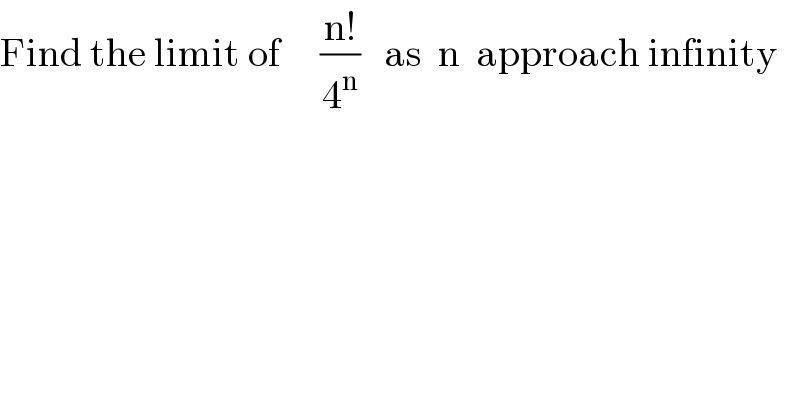
Question and Answers Forum
Question Number 62626 by Tawa1 last updated on 23/Jun/19

Commented by mathmax by abdo last updated on 23/Jun/19

Commented by mathmax by abdo last updated on 23/Jun/19

Commented by Tawa1 last updated on 23/Jun/19

Commented by mathmax by abdo last updated on 23/Jun/19

Answered by MJS last updated on 23/Jun/19

Commented by Tawa1 last updated on 23/Jun/19

Commented by Tawa1 last updated on 23/Jun/19

Commented by MJS last updated on 23/Jun/19

Commented by MJS last updated on 23/Jun/19

Commented by Tawa1 last updated on 23/Jun/19

Commented by MJS last updated on 23/Jun/19

Commented by Tawa1 last updated on 23/Jun/19

Commented by Tawa1 last updated on 23/Jun/19

Commented by Tawa1 last updated on 23/Jun/19

Commented by MJS last updated on 23/Jun/19

